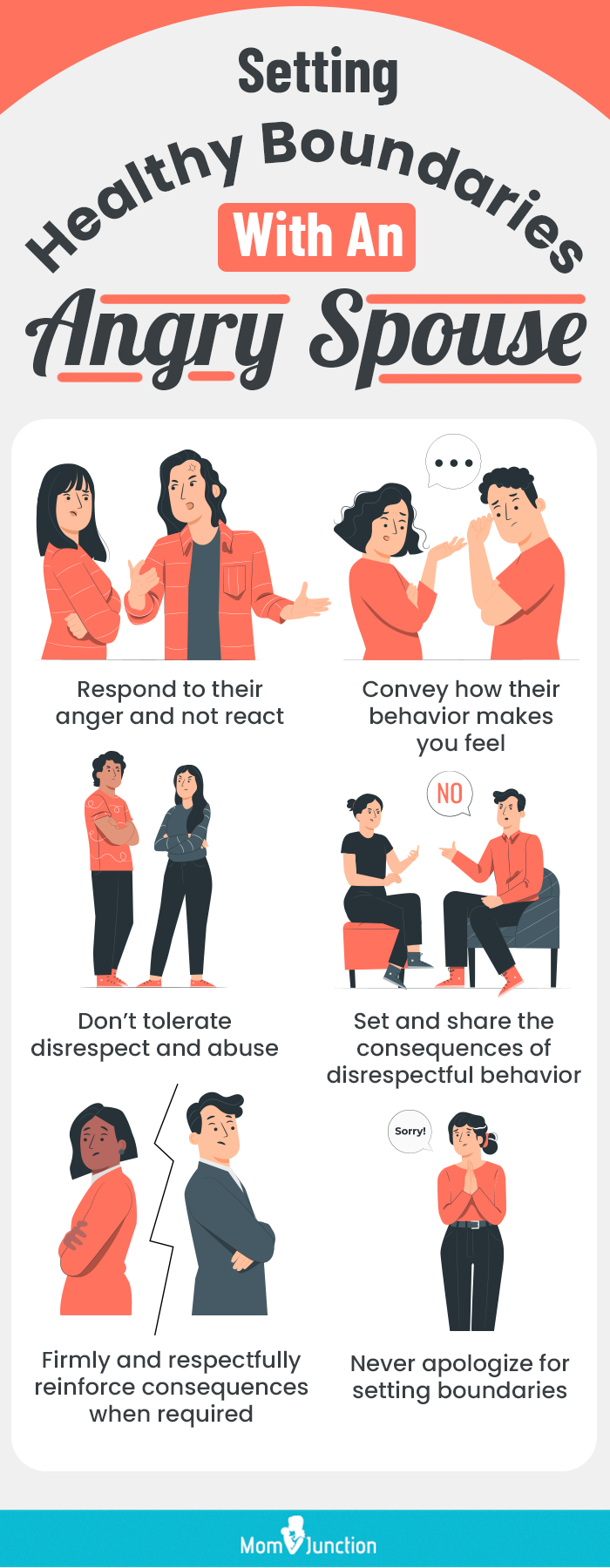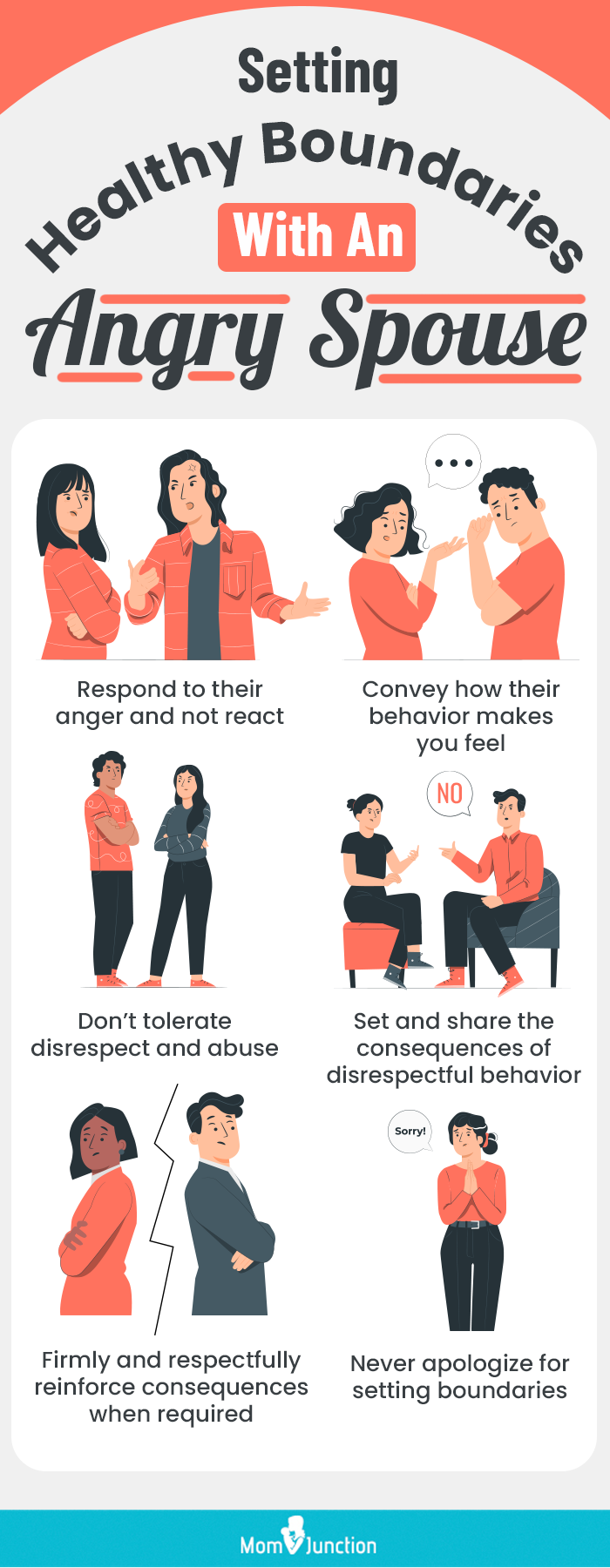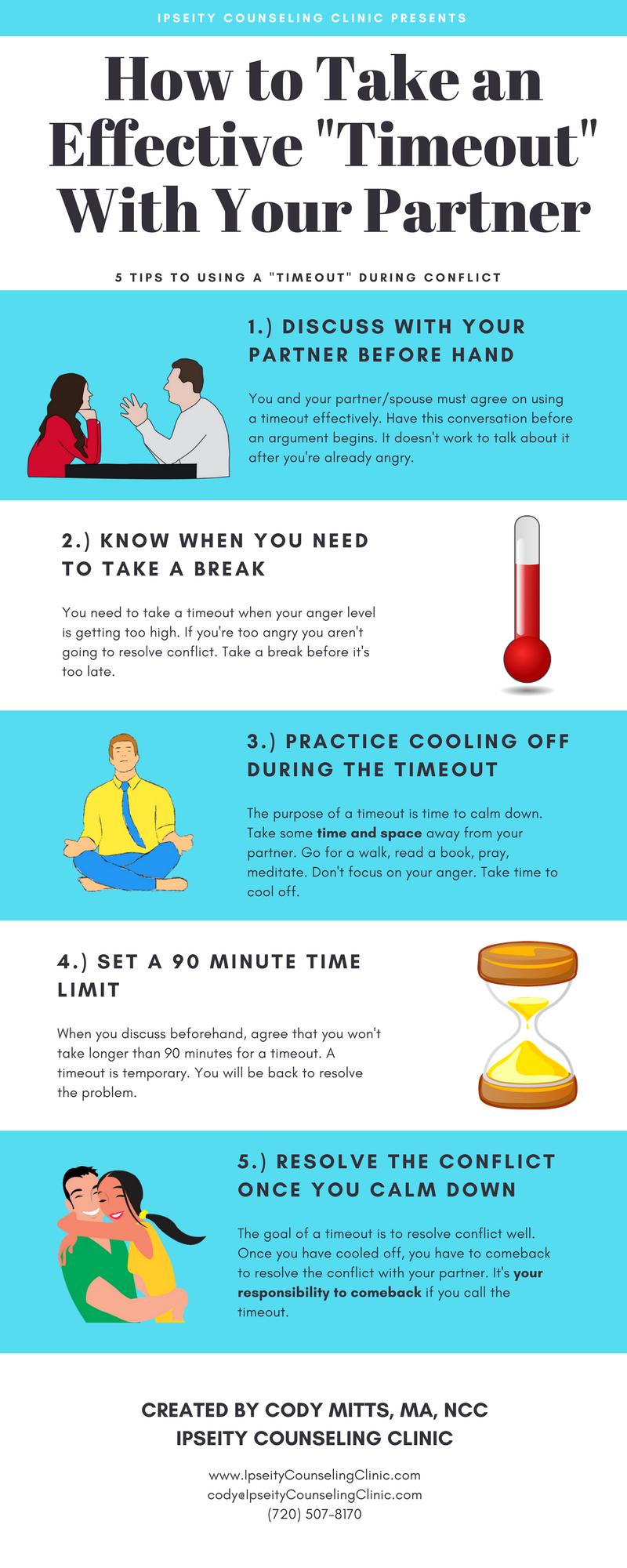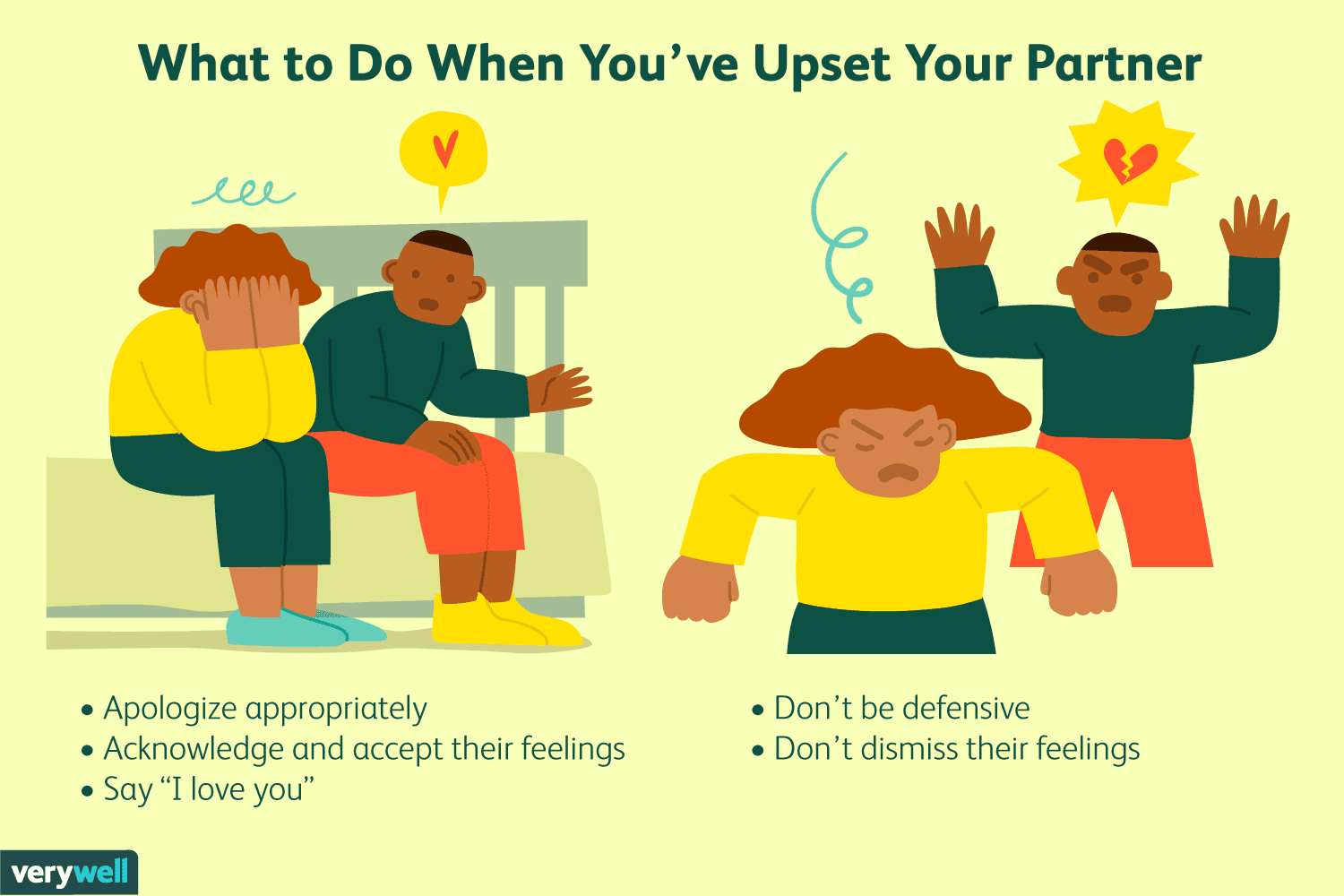
Are you struggling to navigate through your partner’s anger issues? It can be challenging to handle such situations, but fret not, because help is here. In this article, we will explore effective strategies and techniques that will assist you in dealing with your partner’s anger issues in a constructive and compassionate manner. Let’s embark on this journey together and discover the power of patience, communication, and understanding.
Understanding Your Partner’s Anger
Recognizing signs of anger
Understanding your partner’s anger begins with recognizing signs that indicate when they are experiencing anger. These signs can manifest in various ways, including physical, emotional, and behavioral cues. Physical signs may include a flushed face, clenched fists, or an increased heart rate. Emotional signs may include irritability, frustration, or a sudden change in mood. Pay attention to any changes in your partner’s behavior, such as raised voice, aggressive gestures, or withdrawal from conversations. By being observant and attuned to these signs, you can better understand and address your partner’s anger.
Understanding triggers
Triggers are the events, circumstances, or actions that provoke a strong emotional response in your partner and lead to their anger. Each individual may have different triggers, so it is essential to identify what specific situations or behaviors tend to set off your partner. These triggers can range from certain topics of discussion to feeling unheard or disrespected. By understanding your partner’s triggers, you can take proactive steps to avoid or navigate these situations with more care and empathy.
Examining underlying causes
While recognizing the signs and triggers of your partner’s anger is important, it is equally crucial to explore the underlying causes that contribute to their anger issues. Anger often stems from deeper emotional wounds or unresolved conflicts, such as past trauma, low self-esteem, or unmet needs. These underlying causes may require professional assistance to address effectively. Taking the time to explore and understand these root causes can help cultivate empathy and compassion towards your partner’s anger, facilitating a more supportive and understanding approach.
Effective Communication
Maintaining open and honest communication
One of the key pillars of a healthy relationship is open and honest communication. It is essential to establish a safe and non-judgmental space for your partner to express their feelings and concerns. Encourage open dialogues where both of you can freely communicate without fear of judgment or retaliation. Active listening, empathy, and validating your partner’s emotions are essential components in maintaining effective communication. By fostering an environment of trust and respect, you can help your partner feel more comfortable expressing their anger in a healthier manner.
Active listening
Active listening is a crucial skill that can significantly improve communication and help manage your partner’s anger. Practice giving your full attention to your partner when they are speaking, allowing them to express themselves fully without interruptions. Show that you are actively engaged by maintaining eye contact, nodding, and using verbal cues to demonstrate your understanding. By actively listening, you can validate your partner’s feelings, understand their perspective better, and deescalate potentially tense situations.
Avoiding the blame game
When discussing your partner’s anger, it is important to avoid falling into the trap of playing the blame game. Instead of pointing fingers or becoming defensive, focus on understanding your partner’s emotions and perspective. Acknowledge your own role in the situation and take responsibility for any part you may have played. By adopting a non-judgmental and collaborative approach, you can create an environment that encourages productive problem-solving rather than escalating anger.
Using ‘I’ statements
Using “I” statements is an effective method of communication that can help prevent further escalation of anger. When discussing difficult topics or sharing your concerns, frame your statements in a way that expresses how you feel and what you need. For example, saying “I feel hurt when you raise your voice” instead of “You always shout at me” takes ownership of your emotions while avoiding accusatory language. This approach can help your partner feel less defensive and more willing to engage in a constructive conversation.

This image is property of thewellnesssociety.org.
Managing Anger in the Moment
Staying calm and composed
When faced with your partner’s anger, it is crucial to remain calm and composed. Responding with anger or frustration may only escalate the situation further. Take deep breaths and remind yourself to stay centered. By maintaining your composure, you can model a calmer response for your partner and create a space for them to regain control of their emotions.
Taking a time-out
If you sense that the situation is becoming too heated or overwhelming, it is essential to suggest taking a time-out. Agree on a signal or phrase that can indicate both of you need a break to cool down. This break allows for the opportunity to reflect on the situation individually and come back to it when both parties are in a calmer state of mind. Ensure that the time-out is respected by giving each other space and reconvening at a later time to discuss the issue once emotions have settled.
Reframing negative thoughts
During moments of anger, negative thoughts can quickly escalate the intensity of emotions. Encourage your partner to identify and challenge these negative thoughts by reframing them in a more positive or realistic light. Helping them recognize alternative interpretations or explanations for the situation can defuse anger and promote a more balanced perspective.
Practicing deep breathing techniques
Deep breathing exercises are an effective tool for managing anger in the moment. Encourage your partner to take slow, deep breaths, inhaling through their nose and exhaling through their mouth. This deep breathing technique helps activate the body’s relaxation response, calming the nervous system and reducing feelings of anger and frustration. Guide your partner through these exercises as needed, reminding them to take slow, deliberate breaths to regain a sense of control.
Setting Boundaries
Creating a safe space
When dealing with anger issues, it is crucial to create a safe space where both you and your partner can express yourselves without fear of harm or judgment. Establishing a sense of safety involves open and honest communication, trust, and mutual respect. Encourage dialogue about boundaries and ensure that both partners feel comfortable voicing their concerns and needs. By creating a safe space, you can lay the foundation for healthy conflict resolution and emotional growth.
Defining acceptable behavior
Clearly defining acceptable behavior is an important part of setting boundaries. Discuss with your partner what behaviors are considered inappropriate or hurtful, and establish guidelines for how conflicts should be dealt with. Encourage self-reflection and mutual understanding about the impact of anger on the relationship. Emphasize the importance of treating each other with respect and finding constructive ways to express emotions. By setting clear expectations, you can foster a healthier, more supportive dynamic.
Establishing consequences
In cases where anger escalates into abusive or harmful behavior, it is crucial to establish consequences. Consistency in enforcing these consequences is key to establishing accountability and promoting change. Clearly communicate what actions will result in specific consequences, such as temporarily separating or seeking professional help. Ensure that both you and your partner understand and agree upon these consequences, and be prepared to follow through with them if necessary.
Consistency in enforcing boundaries
Setting boundaries requires consistency and mutual commitment. Consistently enforcing the established boundaries helps establish a sense of safety, reinforces the importance of respecting each other’s limits, and sets the stage for positive behavioral changes. Both partners should hold themselves accountable for respecting the agreed-upon boundaries. Over time, this consistency can contribute to a healthier relationship dynamic and reduce the frequency and intensity of anger outbursts.

This image is property of www.momjunction.com.
Seeking Professional Help
Recognizing when professional assistance is necessary
While you and your partner may work together to manage anger issues, there may be instances where professional assistance becomes necessary. If anger continues to negatively impact your relationship or if abusive behavior is present, seeking the help of a qualified professional is crucial. Recognize when the situation surpasses what you and your partner can handle on your own, and be open to the possibility of outside support.
Encouraging your partner to attend therapy
If you believe that your partner’s anger issues may be rooted in deeper emotional wounds or unresolved traumas, gently encourage them to seek individual therapy. A trained therapist can help them explore underlying causes and develop healthy coping strategies. Remind your partner that therapy is a sign of strength and self-care, emphasizing that seeking professional help is not a sign of weakness but rather a proactive step towards personal growth.
Couples counseling
Couples counseling can be a valuable resource for addressing relationship dynamics affected by anger issues. A trained therapist can provide a neutral and safe space for both you and your partner to openly express your concerns, improve communication, and learn effective tools for managing anger. Couples counseling can help you both gain a better understanding of each other’s perspectives and work collaboratively towards a healthier and more fulfilling relationship.
Support groups
Support groups specifically geared toward anger management can be beneficial for individuals dealing with anger issues and their partners. These groups offer a supportive community where individuals can share their experiences, exchange strategies for coping with anger, and receive guidance from others who have faced similar challenges. Engaging in a support group can provide additional tools, resources, and empathy for both you and your partner along your journey of managing anger.
Developing Coping Mechanisms
Identifying healthy coping strategies
It is important to encourage your partner to identify healthy coping strategies for managing anger. Together, explore different techniques and activities that can help redirect intense emotions in a constructive manner. These strategies may include engaging in physical exercise, practicing relaxation techniques such as deep breathing or meditation, or engaging in creative outlets such as painting or journaling. Encouraging your partner to find what works best for them can empower them to take control of their emotions and manage anger more effectively.
Engaging in regular exercise
Regular exercise has been proven to have a positive impact on mental and emotional well-being. Encourage your partner to engage in physical activities they enjoy, such as jogging, biking, or dancing. Exercise releases endorphins, which are natural mood-enhancing chemicals, and can help reduce stress and anger levels. Incorporating regular exercise into their routine can provide a healthy outlet for managing anger and promoting overall emotional balance.
Practicing mindfulness and relaxation techniques
Mindfulness and relaxation techniques can be powerful tools for managing anger. Encourage your partner to practice techniques such as meditation, deep breathing exercises, or progressive muscle relaxation. These practices help cultivate present-moment awareness and promote emotional regulation. By incorporating mindfulness and relaxation into their daily routine, your partner can develop a greater sense of self-awareness and better navigate difficult emotions.
Seeking emotional support from friends and family
Encourage your partner to seek emotional support from trusted friends and family members. By creating a strong support network, your partner can reach out to loved ones during moments of anger and seek guidance or simply vent their frustrations. Having a support system can provide validation, reassurance, and alternative perspectives that can help your partner process their emotions in a healthier manner.

This image is property of sp-ao.shortpixel.ai.
Dealing with Anger Outbursts
Knowing when to intervene
It is important to recognize when it is necessary to intervene during your partner’s anger outbursts. If their anger becomes physically or verbally abusive, poses a threat to anyone’s safety, or consistently escalates to unmanageable levels, it is crucial to intervene and ensure the well-being of all involved. Trust your instincts and prioritize safety.
Maintaining personal safety
Your safety is of utmost importance when dealing with anger outbursts. If you feel physically or emotionally threatened, remove yourself from the situation to a safe space. Call for help if necessary, and do not hesitate to involve authorities if you believe your safety is at risk. Remember that you cannot effectively support your partner if your own well-being is compromised.
Defusing escalating situations
To defuse escalating situations, employ techniques that redirect the focus away from anger and towards finding solutions. Suggest taking a break or engaging in a calming activity together, such as going for a walk or engaging in a shared hobby. Responding with empathy and understanding rather than matching anger with anger can help deescalate tension and diffuse the situation.
Avoiding confrontations
During moments of intense anger, avoid engaging in confrontational or argumentative behavior. Instead, strive to create a calm and safe environment by disengaging from the conflict temporarily. Avoid fueling the anger by arguing or provoking further aggression. Give both yourself and your partner the space and time needed to regain composure before addressing the issue.
Encouraging Self-Reflection and Personal Growth
Encouraging self-awareness
Encourage your partner to engage in self-reflection to gain a deeper understanding of their anger triggers, patterns, and emotional responses. Self-awareness is a crucial step towards personal growth and effective anger management. Support your partner in exploring their thoughts, emotions, and behaviors, and help them identify any patterns or beliefs that may contribute to their anger. By encouraging self-awareness, you can help your partner develop healthier ways of coping with their emotions.
Promoting self-reflection
Promote regular self-reflection as a way for your partner to examine their thoughts, actions, and choices. Encourage journaling, mindfulness exercises, or even therapy to help your partner gain insight into their feelings and behaviors. Self-reflection can help your partner identify potential triggers, uncover underlying emotions, and cultivate greater self-awareness. By engaging in regular self-reflection, your partner can make progress towards personal growth and emotional well-being.
Exploring personal triggers and patterns
Support your partner as they explore their personal triggers and patterns that contribute to their anger. By identifying specific situations, past experiences, or thought patterns that tend to provoke anger, your partner can make conscious efforts to manage these triggers more effectively. Encourage open conversations about their triggers and collaborate on finding strategies together that can help navigate these situations with greater ease.
Seeking personal development opportunities
Encourage your partner to seek personal development opportunities, such as therapy, anger management classes, or self-help resources. These resources can provide additional tools, guidance, and support for managing anger. By actively engaging in personal growth, your partner can develop a comprehensive toolkit to overcome anger issues and cultivate a healthier relationship dynamic.

This image is property of www.verywellmind.com.
Providing Emotional Support
Expressing empathy and understanding
Providing emotional support to your partner during moments of anger is crucial. Express empathy and understanding by acknowledging their feelings and validating their experiences. Avoid minimizing or dismissing their emotions, as this can lead to further frustration. Show that you are there for them, offering a listening ear, a comforting presence, and reassurance that you care about their well-being.
Offering reassurance and validation
During difficult moments, it is important to offer reassurance and validation to your partner. Remind them that you are committed to their well-being and that you believe in their ability to manage their anger. Reassure them that they are not alone in this journey and that you are there to support them every step of the way. Validating their experiences and emotions can help foster a sense of trust and security within the relationship.
Encouraging open expression of feelings
Create a safe space where your partner feels comfortable expressing their feelings openly. Encourage them to share their frustrations, concerns, and fears without judgment. Actively listen and offer support, reinforcing the notion that their emotions are valid and worthy of acknowledgment. By encouraging open expression of feelings, you foster an environment that promotes emotional growth and intimacy.
Emphasizing the importance of self-care
Emphasize the importance of self-care to your partner. Encourage them to engage in activities that promote their well-being and reduce stress levels. Self-care can include engaging in hobbies, practicing relaxation techniques, prioritizing alone time, or pursuing personal interests. By taking care of their own needs, your partner can manage their anger more effectively and contribute to a healthier relationship dynamic.
Maintaining a Healthy Relationship
Focusing on the positive aspects of the relationship
While managing anger issues, it is important to maintain a focus on the positive aspects of the relationship. Remind each other of the love, support, and joy that you share. Acknowledge and celebrate the moments of connection and growth. By nurturing a positive mindset, you can counterbalance the challenges posed by anger and cultivate a sense of gratitude and appreciation for each other.
Building trust and mutual respect
Building trust and mutual respect is vital in any relationship. Consistently demonstrate trustworthiness and reliability to your partner. Show respect for their thoughts, feelings, and boundaries. Trust and respect are the foundation of healthy relationships and contribute to emotional safety and security. By actively working on building and maintaining trust, you can foster a more wholesome and resilient bond.
Nurturing emotional intimacy
Emotional intimacy is a key aspect of healthy relationships. Foster emotional closeness by cultivating vulnerability, trust, and open communication. Share your own experiences, thoughts, and feelings with your partner, and encourage them to do the same. Engage in activities that promote connection and understanding, such as heartfelt conversations or spending quality time together. Nurturing emotional intimacy strengthens the bond between you and your partner, making it easier to navigate challenging situations like anger issues.
Celebrating achievements and milestones
Throughout the journey of managing anger issues, remember to celebrate achievements and milestones, both big and small. Recognize the progress made by your partner and acknowledge the efforts they have invested in personal growth and anger management. Celebrate together, whether it is through verbal appreciation, acts of kindness, or meaningful gestures. By celebrating achievements, you create a positive and supportive atmosphere that encourages continued growth and fosters motivation.






